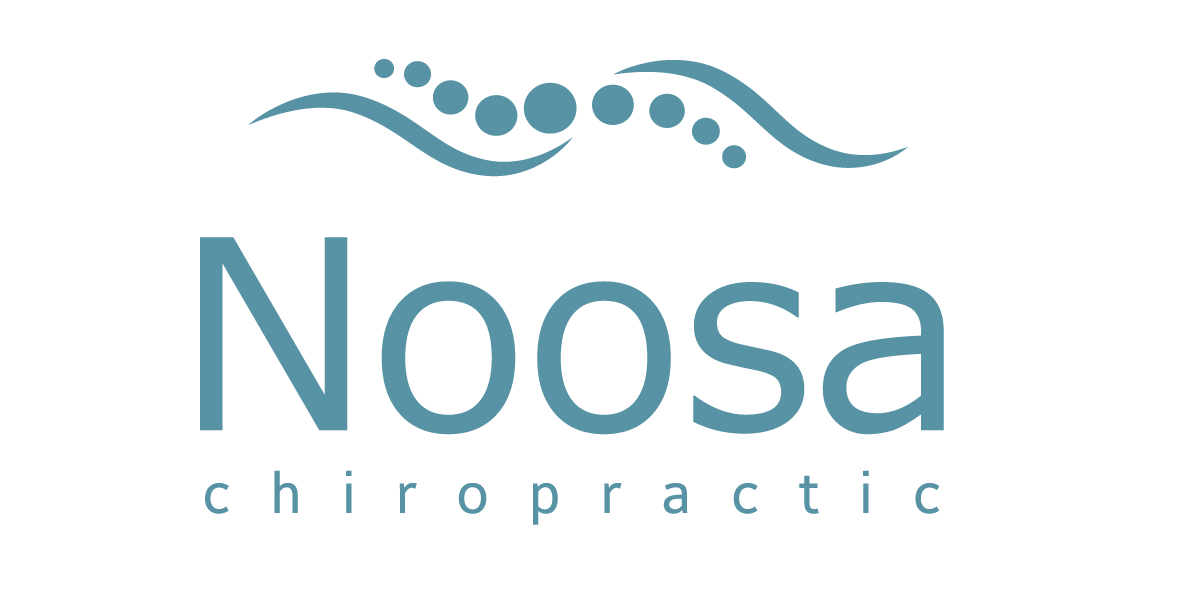Jaw Pain
Temporomandibular Joint (TMJ) pain is a common and often underestimated issue that can greatly affect a person's quality of life. It's crucial to understand what TMJ pain is, what causes it, and how chiropractic care can provide effective solutions to alleviate this discomfort. In this post we'll dive into the world of TMJ pain, exploring its causes and discussing how chiropractic treatments can help.
What is TMJ Pain?
The temporomandibular joint (TMJ) is the hinge-like joint that connects your jaw to your skull, allowing you to speak, chew, and yawn. TMJ pain, also known as temporomandibular joint disorder (TMD), refers to discomfort or pain in this joint and the surrounding muscles. Symptoms of TMJ pain may include:
Jaw pain or tenderness
Difficulty opening or closing the mouth
Clicking or popping sounds when moving the jaw
Headaches or migraines
Earaches or ringing in the ears (tinnitus)
Facial pain or discomfort
Locking of the jaw
Causes of TMJ Pain
Understanding the root causes of TMJ pain is essential to effectively treat and manage the condition. Some common factors that can contribute to TMJ pain include:
Stress: High stress levels can lead to jaw clenching or teeth grinding, putting excessive strain on the TMJ.
Malocclusion: Misaligned teeth or an improper bite can create imbalance and stress on the TMJ.
Injury: Trauma to the jaw, such as a car accident or sports injury, can damage the TMJ.
Arthritis: Conditions like osteoarthritis and rheumatoid arthritis can affect the TMJ.
Bruxism: Grinding or clenching your teeth, often during sleep, can overwork the TMJ and surrounding muscles.
Poor Posture: Bad posture can lead to muscle imbalances, which may affect the TMJ.
Chiropractic Solutions for TMJ Pain
Chiropractic care offers non-invasive, drug-free solutions for TMJ pain that address its root causes and provide relief from discomfort. Here are some ways chiropractors can help:
Chiropractic Adjustments: Chiropractors can perform gentle adjustments to the spine and neck, which can help alleviate muscle tension and reduce TMJ pain.
Muscle Relaxation Techniques: Chiropractors may use various muscle relaxation techniques, such as massage and trigger point therapy, to release tension in the jaw and neck muscles.
Posture Correction: Chiropractors can provide guidance on improving your posture to prevent ongoing stress on the TMJ.
Customized Treatment Plans: Each individual's TMJ pain is unique, and chiropractors can create personalized treatment plans that address your specific needs.
Stress Management: Chiropractors may offer advice on stress reduction techniques to prevent teeth grinding and jaw clenching.
Lifestyle and Nutrition Advice: Chiropractors often provide guidance on dietary changes and lifestyle modifications that can support overall joint health.
TMJ pain can significantly impact your daily life, but it's a condition that can be effectively managed with the help of chiropractic care. By addressing the root causes of TMJ pain, chiropractors can provide relief from discomfort and improve your overall quality of life. If you or someone you know is suffering from TMJ pain, consider consulting a chiropractor to explore non-invasive and holistic treatment options. Your journey to a pain-free jaw and a happier, healthier life starts with understanding and addressing TMJ pain.
